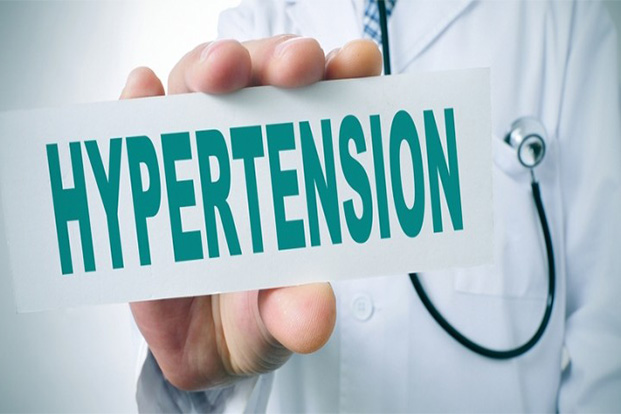Hypertension - The Rising Incidences and What Causes it
Apr 19, 2022
Hypertension is defined as elevation of systolic / diastolic or both blood pressures. For a normal adult 135/85 mmHg is the upper limit of the blood pressure. Hypertension is the most important, preventable risk factor for pre-mature death worldwide. Around 22% population of world have hypertension. Hypertension is more frequent on males and its prevalence increase with age. It is highest in Africa and lowest in America. Although its prevalence in rural India is quite less as compare to average, the real reason for the same is yet to be known.
Signs and Symptoms associated with Hypertension:
Hypertension predominantly is a silent disease and causes no direct signs and symptoms; however it can affect multiple organs and cause certain health issues. It most commonly presents itself with:
- Persistent headache
- Vertigo
- Dizziness tinnitus or fainting episode.
- Irritability
- Failure to work with fatigue
- Nose bleeding
- Blurred vision
- Facial paralysis.

In more than 95% of cases hypertension is taken as the main cause for health issue. Diseases such as kidney disease, renal artery stenosis / polycystic kidney disease / nephritic syndrome and endocrine disorder (Cushing’s syndrome, hyperthyroidism, pheochromocytoma) are some of the manifestations of hypertension. Recent studies highlight that hypertension is the leading cause of renal failure in India. Sleep apnea and obesity are also significant health diseases associated with hypertension.
It should be noted that if blood pressure more than 180/110 mmHg, it is defined as malignant hypertension and its immediate management is necessary.
Possible complications of elevated blood pressure are:
- Coronary artery disease
- Brain hemorrhage
- Renal failure
- Retinopathy
- Peripheral vascular disease
- Diabetes mellitus along with hypertension increases the chances of complications such as myocardial infarction, renal failure and loss of vision.
The prevention measures for Hypertension:
- Maintain normal body weight (BMI < 25 kg/meter2)
- Salt restriction (< 6 gm)
- Life style modification (consumption of fruits and vegetables)
- Abstinence of alcohol
- Regular walking
- Physical exercise
- Aerobic exercise
- Meditation
- Cessation of smoking
- Anti-hypertensive medications should be started after investigations.
Save







